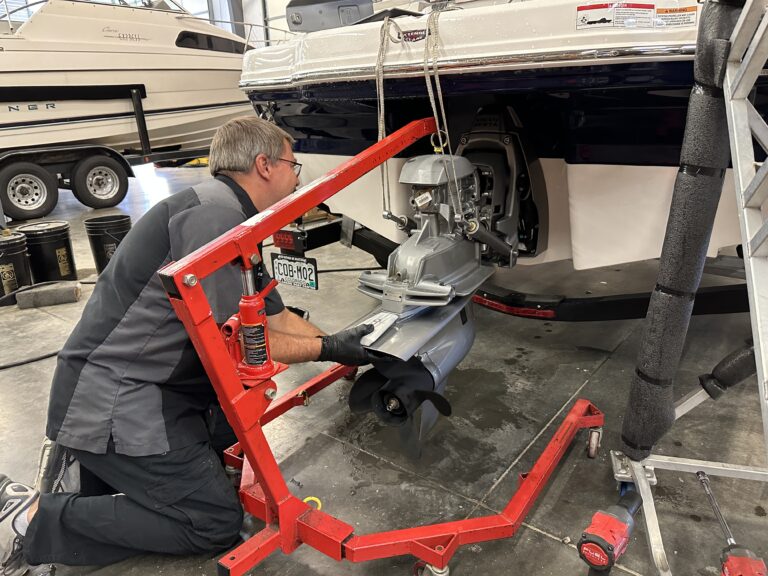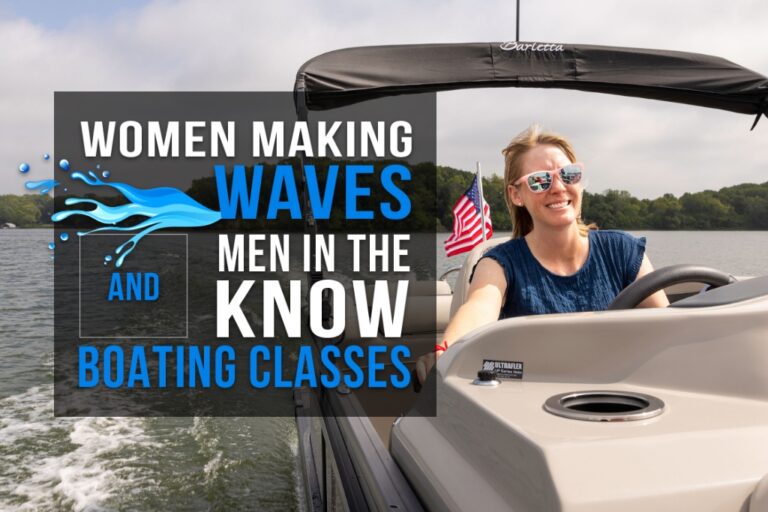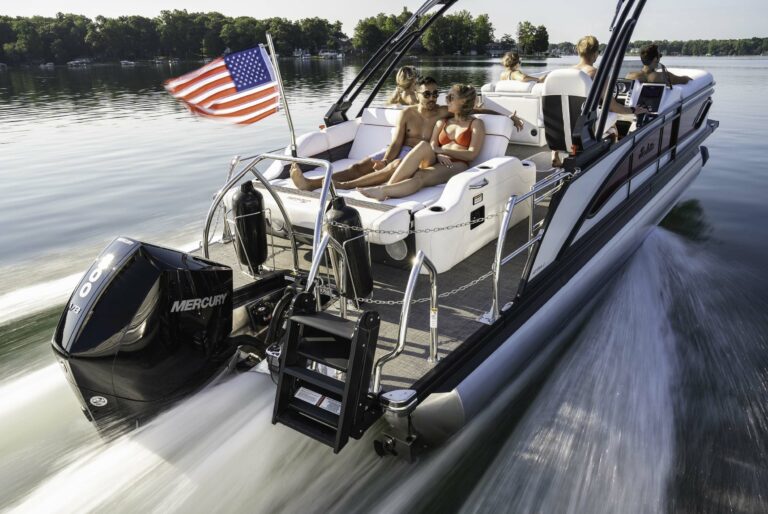This is the time of year when boaters are thinking about getting their vessels back on the water. And it’s a good time to review Colorado’s Aquatic Nuisance Species rules and regulations.
What is ANS?
Colorado, and the states that surround us, have been fighting the battle against Aquatic Nuisance Species for several decades now. ANS are plants, animals and organisms that are not indigenous to the western United States and have the unfortunate propensity to rapidly reproduce in our waters, fouling water intakes, boating and fishing gear, engine parts and also affecting water quality and dominating the aquatic ecosystems.
Among the most prevalent species we are guarding against are the zebra and quagga mussels. These small animals begin as microscopic larvae invisible to the human eye, but once they start reproducing, they quickly clog water intakes, underwater structures and engine parts like propellers and impellers. They also severely impact the ecosystems of the lakes they invade.
Some other ANS species:
New Zealand mudsnails (NZMS): They compete with native mussel species and invertebrates like mayflies, caddies flies and other aquatic insects which are some of the prime food sources for our native trout and other fish. NZMS are females which reproduce through cloning, so even one can lead to an entire infestation. And they can be introduced by fishing gear.
Eurasian watermilfoil (EWM): This is a noxious aquatic weed that forms dense mats that impede swimming, fishing and boating and choke out native plants impacting native fish and other species. Any fragment of an EWM introduced into a new water source can begin reproducing.
Rusty Crawfish: These aggressive little beasts voraciously eat small fish, insects, fish eggs and underwater vegetation and habitat of native species. They have been introduced by anglers who toss the unused bait into the water.
Waterflea: These zooplankton aquatic crustaceans out-compete native fish for food and can clog fishing gear.
To combat and reduce the invasive effects of these species on Colorado waters, the Colorado Parks & Wildlife Department requires regular inspections of boats trailered and launched in Colorado lakes and reservoirs.
All motor boats and sailboats must have an ANS stamp prior to launching in Colorado waters.
Obtaining an ANS Stamp
Boat owners are required to purchase the ANS Stamp and operators must retain proof of purchase (electronic or printed receipt) on his or her person, the motorboat or sailboat, when operating the vessel.
Colorado residents will purchase the ANS stamp ($25) at the time of registration. If you register/renew your vessel online or via a registration renewal postcard, the cost of the ANS stamp appears as part of your total amount due.
Non-Colorado residents can purchase their ANS stamp ($50) at any CPW office, online at cpwshop.com, or at any official CWP office or sales office.
Note: if you do not have an official ANS stamp while operating your boat in Colorado, you are subject to a fine of $150.
When Your Boat Needs to be Inspected
- If your boat has been launched or was purchased out-of-state, it must be inspected prior to launching it again in any Colorado lake or river.
- Your boat must be inspected before launching and when leaving any Colorado reservoir or lake that has an inspection station on site.
- Your boat must be inspected upon request of any Colorado peace officer or authorized agent.
When Your Boat Needs to be Decontaminated
If your boat is found, on inspection, to be contaminated with any of the nuisance species listed above, it must be decontaminated. This is usually accomplished by power-washing with water 140-160 degrees.
Colorado has 72 inspection and decontamination centers around the state. Contact the CPW to find one near you.
Your boat will be required to be decontaminated if:
- Anytime ANS are found or suspected on the watercraft.
- If the vessel is coming from an infested water and was not previously decontaminated.
- If the vessel has standing water that can’t be drained (e.g. ballast tanks, engines)
- If the vessel has plants that can’t be removed by hand.
- If the vessel has live aquatic bait without a valid receipt.
- If requested by an authorized agent or peace officer.
This ongoing program to protect Colorado’s waterways and native species is very important to all current boaters, and to those in the future who will want to have access to the same beautiful and clean waterways. Please do your part to keep your boats free of invasive species.
If you have any questions, please call the CPW Call Center at (303) 297-1192. Or stop by our location and speak to one of sales or service technicians.
Colorado Boat Center has 2 certified inspectors and decontamination processing. Contact Us For More Information.




